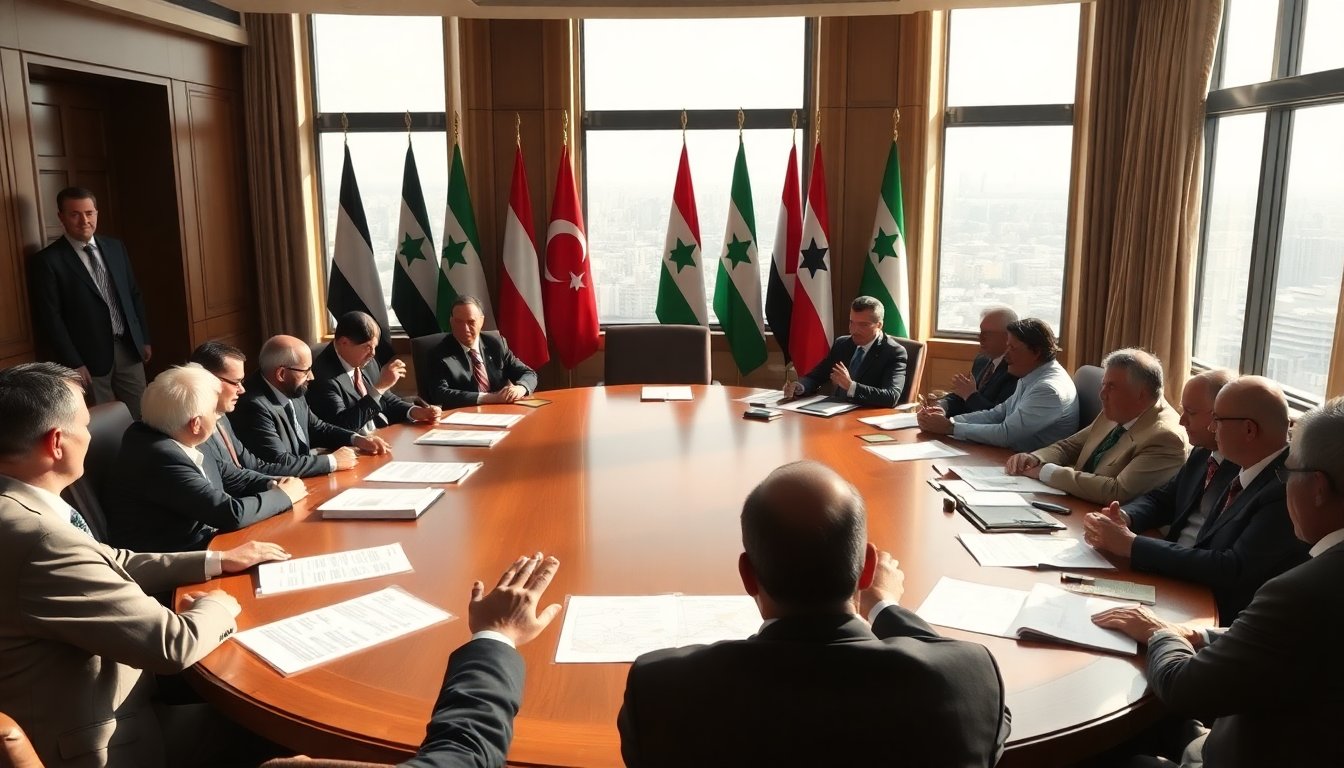Table of Contents
The situation in Gaza remains tense as representatives from Israel and Hamas gather in Egypt for indirect negotiations aimed at establishing a ceasefire. This initiative, supported by the United States, comes after a prolonged period of stagnation in the conflict, which has led to significant humanitarian distress in the region. As discussions unfold, ongoing military actions continue to complicate the path to peace.
Background of the conflict
The conflict between Israel and Hamas has been marked by a series of escalations and ceasefires over the years. The recent surge in violence has impacted countless individuals, with civilian casualties reported on both sides. The humanitarian situation in Gaza has reached a critical juncture, prompting urgent calls for a resolution to the conflict.
Impact on civilians
Each escalation of violence brings significant consequences for civilians. The blockade on Gaza has critically restricted access to vital services such as healthcare and clean water. As negotiations commence in Egypt, humanitarian organizations express a pressing need to alleviate the suffering of those caught in the conflict.
The role of external powers
External powers, notably the United States, significantly influence the negotiation dynamics. The U.S. has a long history of relations with Israel, complicating its role as a mediator. Nonetheless, the current administration acknowledges the necessity for a sustainable solution that serves both parties. U.S. support for the talks in Egypt underscores a commitment to promoting dialogue and reducing tensions.
Challenges in negotiations
Negotiations between Israel and Hamas face significant challenges despite initial hopes. Both parties hold firm positions on critical issues such as borders, security, and the status of Jerusalem. These entrenched views complicate the discussions, particularly as each side navigates internal political pressures that may limit their willingness to make necessary concessions for peace.
Looking ahead
As talks continue in Egypt, cautious optimism is essential. A ceasefire could serve as a foundation for a broader peace agreement, but it demands a genuine commitment from both parties to participate in constructive dialogue. Observers maintain hope that these discussions will contribute to a reduction in violence and ultimately lead to a resolution of the ongoing crisis.
The success of these negotiations hinges on the ability of both parties to set aside historical grievances and work toward a common vision for peace. The international community is closely monitoring the situation, as the results of these discussions could significantly impact not only Gaza and Israel but also the wider Middle Eastern landscape.


